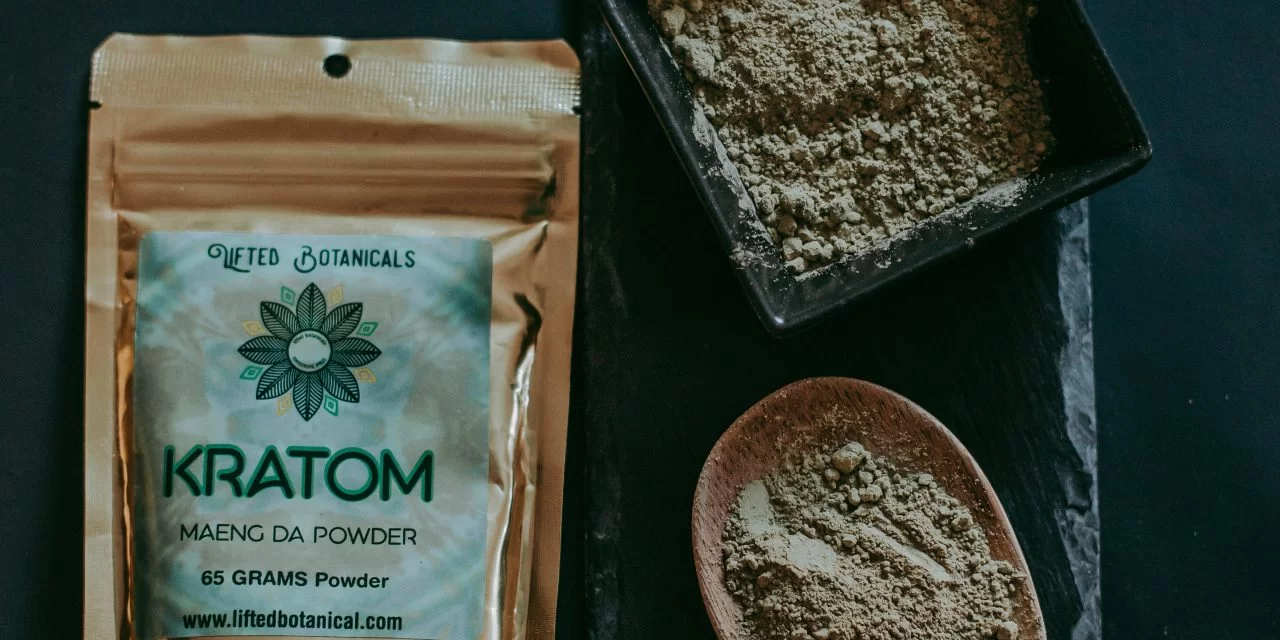Montana lawmakers are exploring ways to regulate kratom before the 2027 legislative session amid growing concern over synthetic versions of the drug. Use of both natural and synthetic kratom products has surged nationwide in recent decades, prompting 18 states to regulate manufacturing and sales and six to classify certain compounds as controlled substances as of April 2025.
Montana has no statewide laws on kratom, a gap members of the Law and Justice Interim Committee highlighted during a Jan. 14 hearing. A 2025 bill to restrict high levels of 7-hydroxymitragynine and bar sales to those under 21 stalled in committee, leaving regulation to local governments such as the Blackfeet Tribal Business Council and Yellowstone County. Lawmakers plan to reconvene in March after studying approaches in other states, including an emergency 180-day ban on synthetic kratom by the Ohio Board of Pharmacy. Read the original report at the Daily Inter Lake.



















